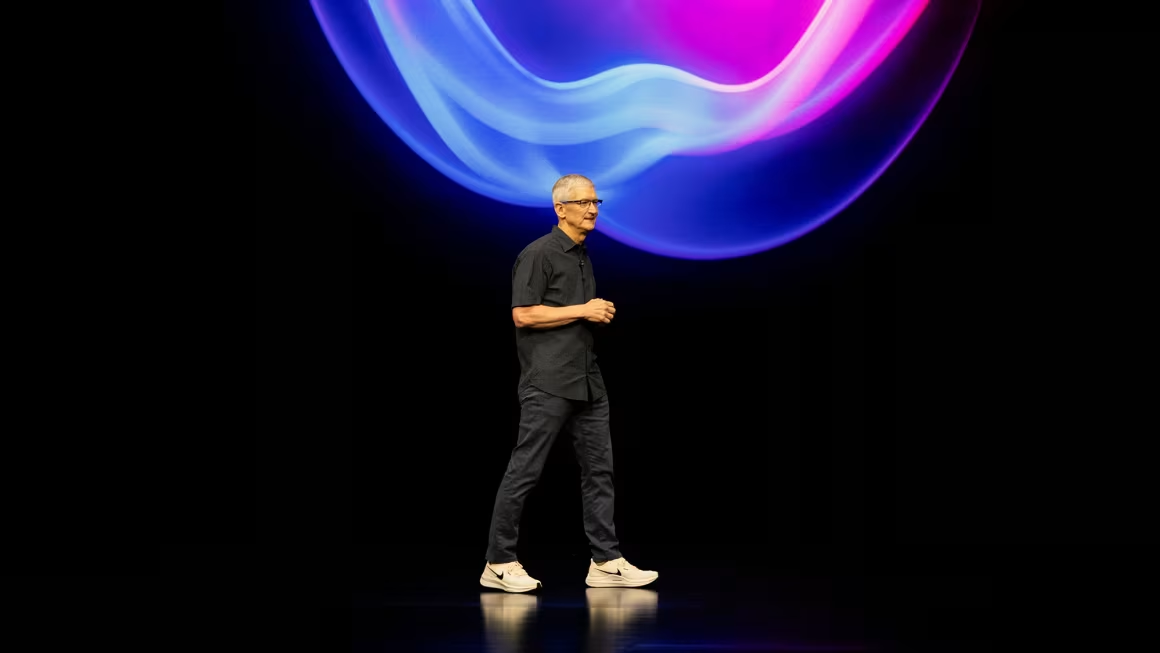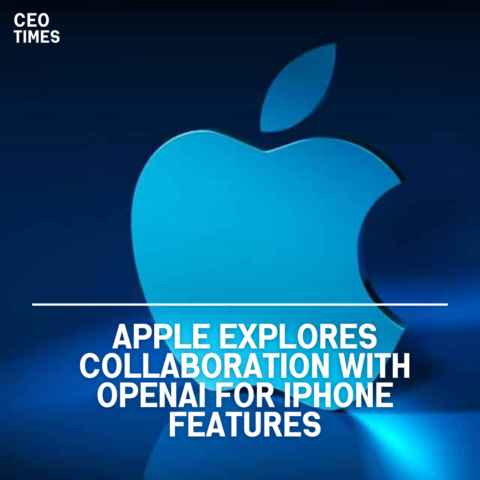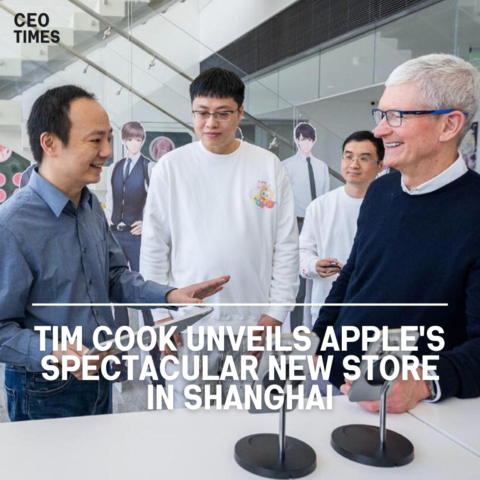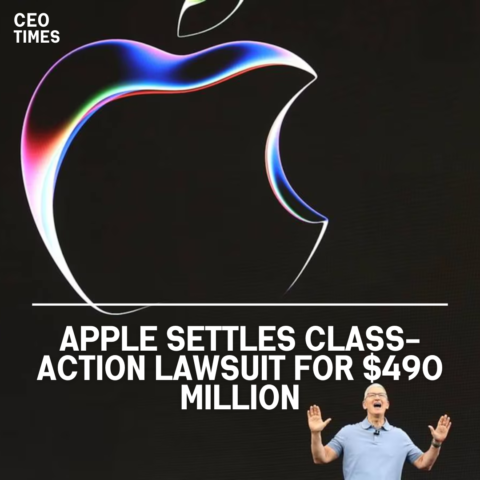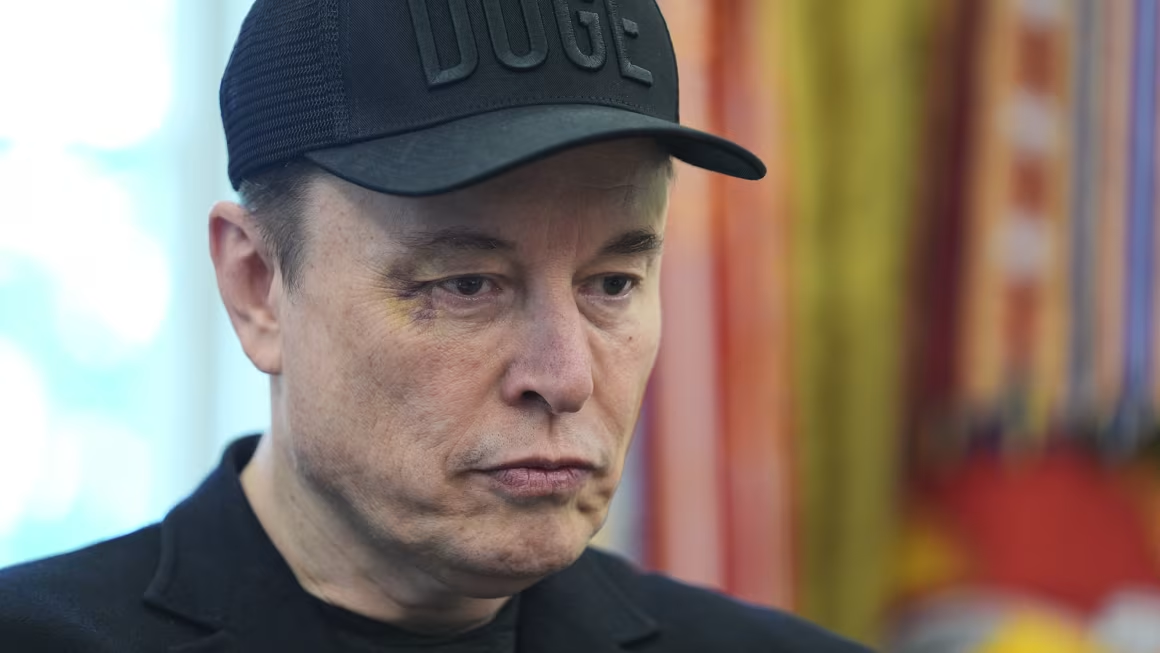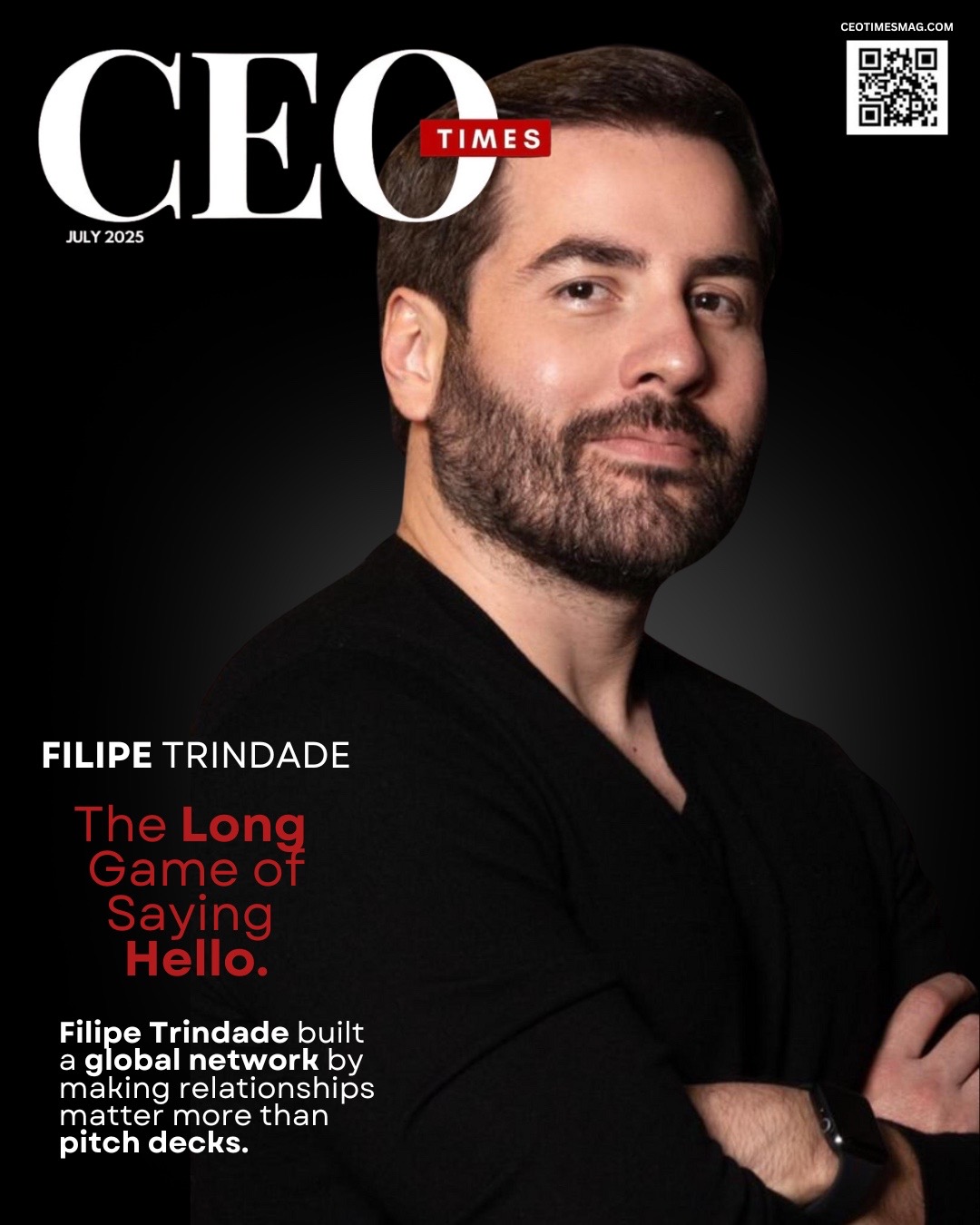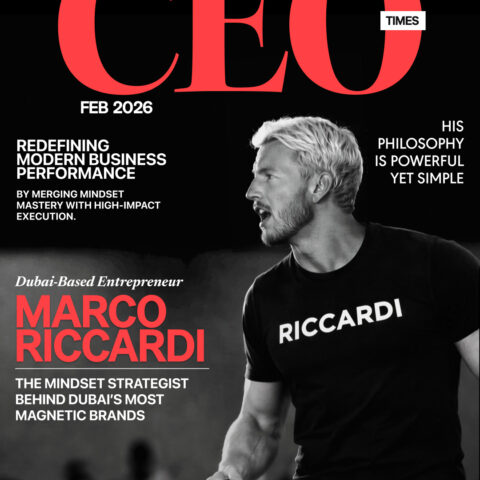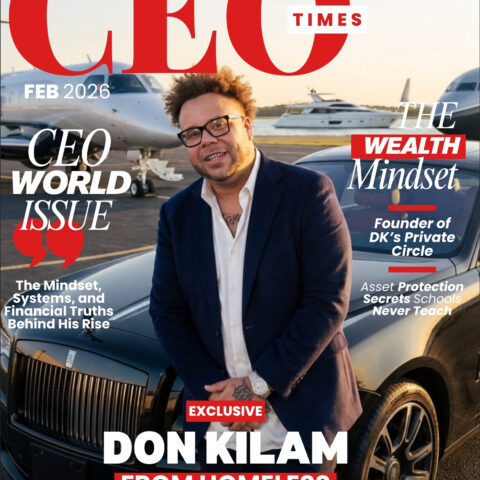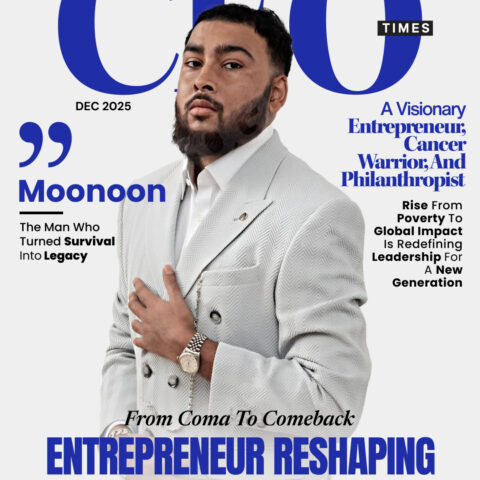As Apple faces mounting pressure in the AI arms race, analysts question whether Tim Cook — once the steady hand after Steve Jobs — is the right leader to navigate the tech giant’s next evolution.
More than a decade after Tim Cook was hand-picked by Steve Jobs to lead Apple into its next chapter, questions are beginning to surface about whether it’s time for a new kind of leadership at the world’s most valuable tech company.
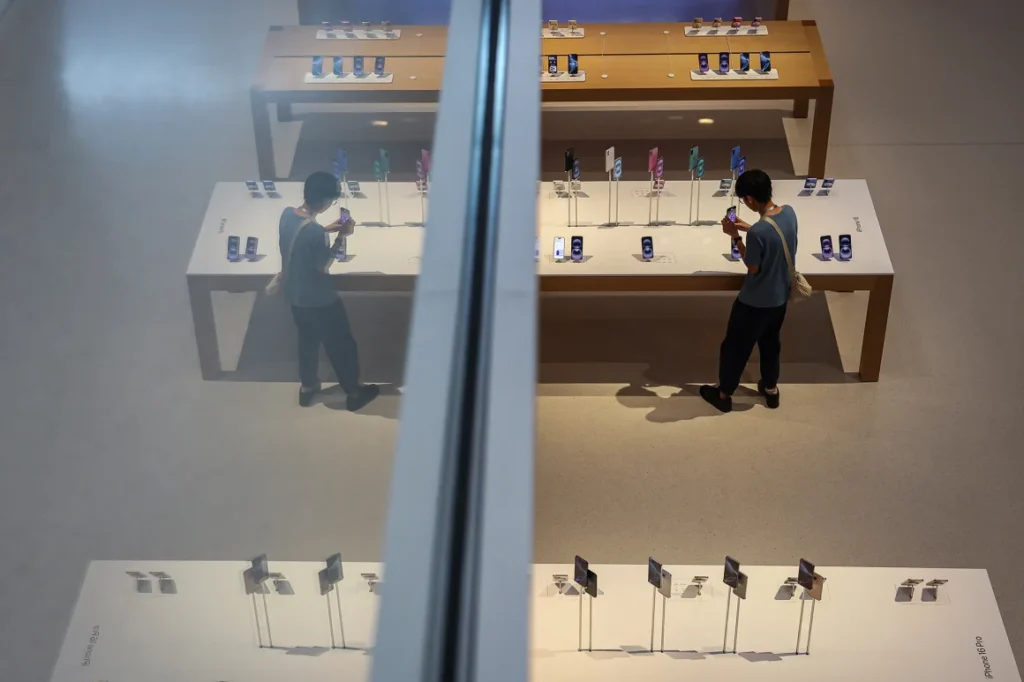
Last week, two research analysts from LightShed Partners made waves in the tech world by calling for Cook’s replacement. Their reasoning? Apple, despite its $3 trillion valuation and remarkable hardware legacy, is falling behind in artificial intelligence — a technology that is redefining the very foundation of modern computing.
“Apple now needs a product-focused CEO, not one centered on logistics,” wrote analysts Walter Piecyk and Joe Galone on July 9. Their suggestion implies that Cook, a former chief operating officer renowned for supply chain mastery, may lack the visionary spark needed for Apple’s next frontier.
The Case for Change
The critique comes at a moment when Apple finds itself at a crossroads. The company’s challenges in 2025 are manifold: mounting regulatory pressure from the European Union, tariff threats from the Trump administration, an antitrust lawsuit in the U.S., and—most importantly—a perceived lag in the AI race.
While rivals like Google and Microsoft rapidly integrate generative AI into their ecosystems, Apple’s advancements have been more incremental. A long-awaited Siri update aimed at transforming the assistant into a smarter AI agent was recently delayed, and many of the AI features introduced since the launch of the iPhone 16 in 2024 — such as AI-generated workout summaries and notification digests — feel like catch-up rather than innovation.
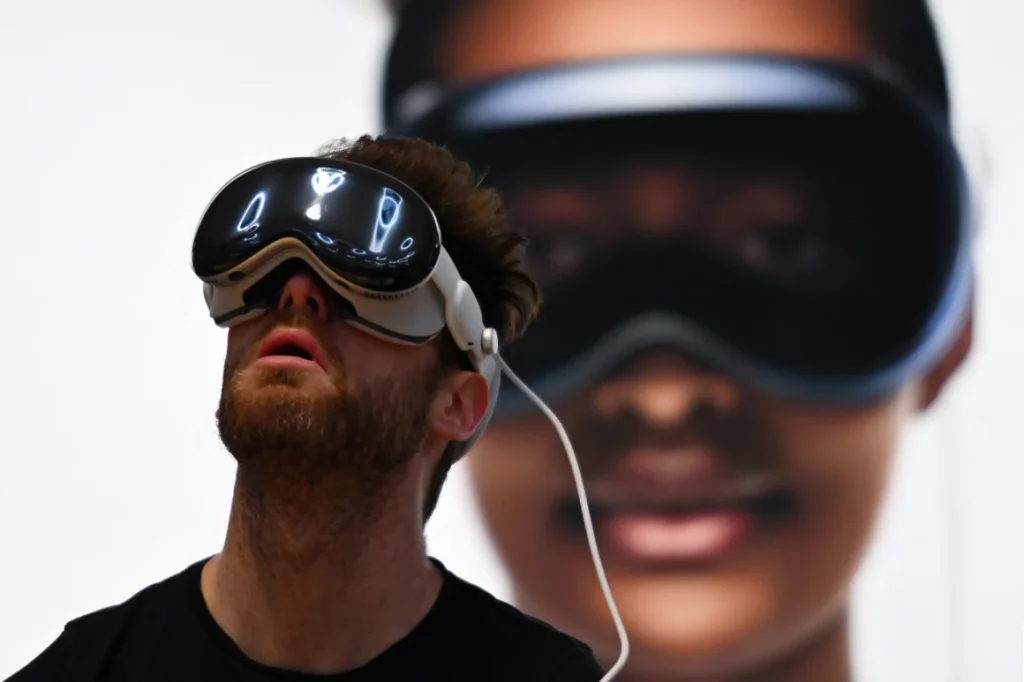
“The environment certainly has changed,” said Thomas Martin, a senior portfolio manager at Globalt. “They are really struggling on the AI front. It’s a different animal, because AI is software, and Apple is traditionally almost exclusively hardware.”
Ted Mortonson of Baird echoed the sentiment, adding, “He’s a supply chain guy. They need a tech visionary.”
Tim Cook’s Track Record
To be fair, Cook’s tenure has been nothing short of historic. Since assuming the CEO role in 2011, Apple’s market cap has grown from $342 billion to around $3 trillion. He’s overseen the launch of the Apple Watch, AirPods, and Apple’s wildly successful services division. He’s also maintained one of the most efficient global supply chains in corporate history.
Even the analysts calling for his departure acknowledge this. “Tim Cook was the right CEO at the time of his appointment and unquestionably has done a great job,” they wrote.
But with Apple missing key waves — such as the collapse of Project Titan (its secret electric car initiative) and the lukewarm reception to the $3,500 Vision Pro headset — some fear the company is starting to resemble a tech giant resting too heavily on past glory.
“There’s no scandal, no crisis, and no clear loss of competence,” said Sandra Sucher, a Harvard Business School professor. “But businesses change, and sometimes that means the CEO needs to change too.”
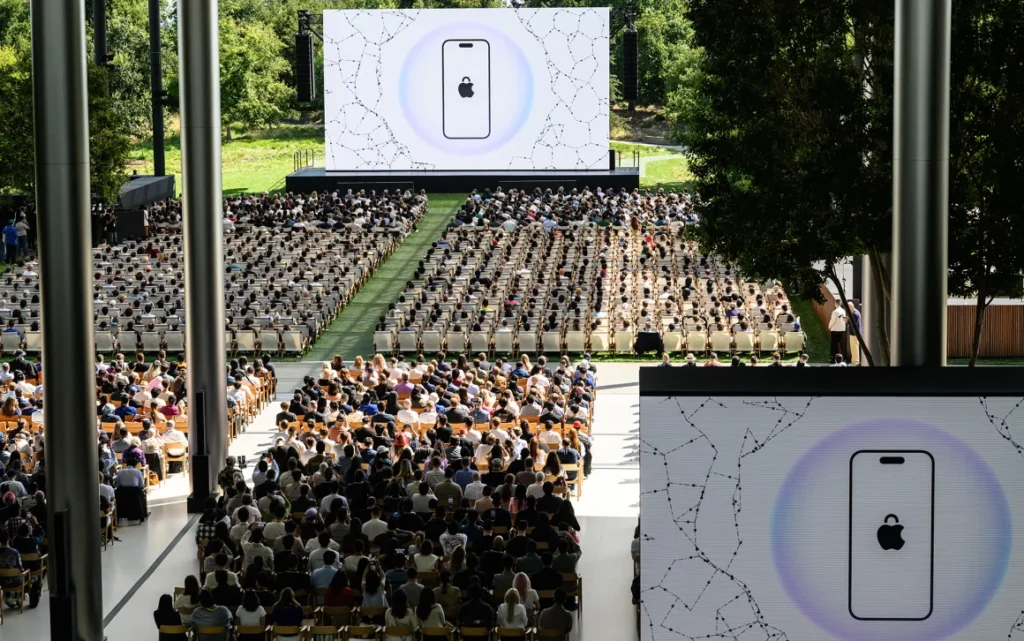
The AI Gap
Apple’s delay in rolling out a fully integrated AI system may be more than just a product hiccup. It risks a deeper perception that the company is losing its innovation edge. Apple Intelligence, the AI suite launched in 2024, includes useful tools like object erasure and transcription—but none of it feels groundbreaking compared to offerings from OpenAI, Google, or Meta.
The AI-focused setbacks raise a critical question: Can Apple reinvent itself in a software-first world?
Some analysts believe Apple may have no choice but to make a strategic acquisition, like its rumored talks to acquire AI startup Perplexity. Others suggest Apple should invest more heavily in partnerships, like its collaboration with OpenAI, or recruit top AI talent to inject fresh momentum.
The Leadership Factor
Cook, now 64, has led Apple for nearly 14 years—well beyond the average CEO tenure. According to Columbia Business School’s William Klepper, 10 years is often the point where a company reaches a natural inflection. “You need a change agent,” Klepper explained. “You can’t stay in an executive leadership role when the company needs to pivot.”
Already, Apple has seen major leadership changes in 2025: CFO Luca Maestri was replaced, and COO Jeff Williams is retiring. A change at the very top, though, could be a seismic shift.
Still, some argue now is not the time to “rock the boat,” as CFRA analyst Angelo Zino puts it. “Yes, Apple’s not moving fast enough in AI — but getting rid of Tim Cook might cause more instability than it resolves.”
A Moment of Reckoning?
What’s clear is that Apple, while still immensely profitable, must evolve. The pace of innovation is accelerating, and the AI era demands a new kind of leadership — one steeped in vision, software expertise, and risk-taking.
“Do we have an Intel-ing of Apple?” asked Globalt’s Martin, referencing how chipmaker Intel lost ground to Nvidia and AMD after missing crucial technological shifts.
“That would be so sad.”
Whether or not Cook steps aside soon, the pressure is undeniable: Apple must prove it still has what it takes not just to lead — but to redefine the future. Again.









